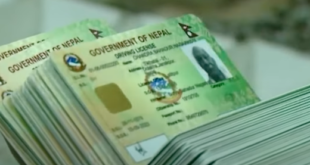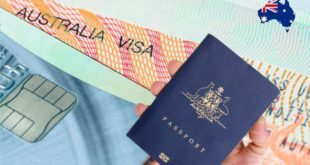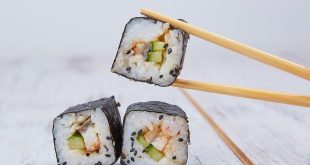In recent, many Nepalese moved into Japan for study and employment. As per Japanese government figures, 96,824 Nepalese living in Japan in December 2020. Here is a comprehensive Japanese holidays list for 2022 in Japan Nepalese living in Japan should know.
Each year, Japan celebrates sixteen public holidays. A continuous holiday period may be created by combining the weekends of some holidays with the holidays. These days, people are out in large numbers, so tourists flock to shopping centres and sightseeing areas. We suggest avoiding these holidays if you want to see the sights comfortably and avoid crowds. Detailed introductions are also provided for each holiday in this article, covering national and consecutive holidays for 2022.
Story Highlight
Annual Events and Public Holidays
Here are some of the biggest national holidays in Japan and other events held during the year. Many local festivals are also held annually. National holidays in Japan are generally observed by shops, restaurants, and tourist attractions, to make life run as usual Nepalese in Japan need to be aware of holidays and annual events celebrated.
On a national holiday on a Sunday, there is also a national holiday following Monday. An intervening day between two national holidays is also considered a holiday.
Holiday Overview for 2022
| Dates | Event |
| 1 January | New Year |
| Second Monday of January | Age Day |
| 11 February | National Foundation Day |
| 23 February | The Emperors’ Birth Celebration |
| March 20-21 | Vernal Equinox |
| 29 April | Showa Day |
| 3 May | Constitution Memorial Day |
| 4 May | Greenery Day |
| 5 May | Children’s Day |
| Third Monday of July | Sea Day |
| 11 August | Mountain Day |
| Third Monday of September | Age Day |
| September 22-23 | Autumnal Equinox |
| Second Monday of October | Sports Day |
| 3 November | Culture Day |
| 23 November | Thanksgiving Day |
Read Also: Everything you need to know about the Nepali e-passport
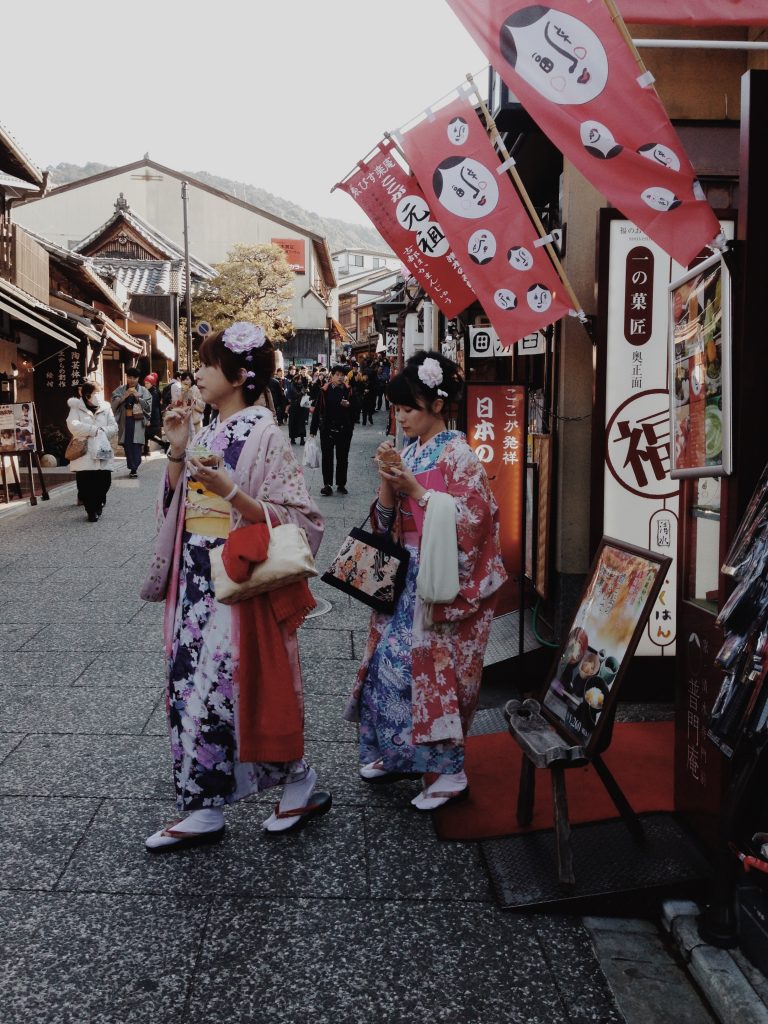
Bank holiday & Observance for 2022
| Date | Event | Types |
| 2 January | Bank Holiday | Bank Holiday |
| 3 January | Bank Holiday | Bank Holiday |
| 14 February | Valentine Day | Observance |
| 3 March | Doll Festival | Observance |
| 8 May | Mother’s Day | Observance |
| 7 July | Star Festival | Observance |
| 6 August | Hiroshima Memorial Day | Observance |
| 9 August | Nagasaki Memorial Day | Observance |
| 15 November | 7-5-3 Day | Observance |
| 25 December | Christmas | Observance |
| 31 December | New Year Eve | Observance |
Read Also: Nepalese festival Dashain
Nepalese in Japan should know about the Public Holiday’s
January 1, New Year Day – On January 1, Japan celebrates its New Year with grand festivities instead of the Lunar New Year. Around January 1 to 3, shops in shopping districts and other areas often close, so keep this in mind. People visiting famous shrines and temples for their first visits of the year or hatsumode will stretch the lines to their entrances for several hours.
The Second Monday of January, The Age Day – The Age Day event takes place on the second Monday of January and celebrates those that have reached their 20th birthday. Every municipality in Japan holds a ceremony on this day celebrating the coming of age of its residents.
February 11, The National Foundation Day – The history of Japan states that the first emperor of Japan was crowned in 660 BC, according to the earliest historical records. Every year on February 11, the nation celebrates its founding. A parade is held on this day at Meiji Shrine, found on the right-hand side of Harajuku Station.
February 23, The Emperor’s Birthday – National holidays are always observed on the birthday of the current Emperor. National holidays are based on the birthday of the new Emperor if the Emperor changes. In Chiyoda, Tokyo, the Imperial Palace is crowded with people celebrating the Emperor’s birthday and offering congratulations.
March 20-21, Vernal Equinox Day – Many people visit their ancestor’s graves during the week (ohigan) of Equinox Day. They also eat Wagashi (rice cake covered with red beans).
In addition, Vernal Equinox Day marks the end of one season and the beginning of another, when light and darkness are approximately equal.
April 29, Showa Day – It is the birthday of former Emperor Showa. Japan’s Showa era was named after this era. The purpose of Showa Day is to reflect on that period. Greenery Day was celebrated on April 29 before 2007 (now celebrated on May 4). Showa Day occurs during Golden Week.
Read Also: An ultimate guide for study in Japan from Nepal, Costs, Scholarships, Job and Income
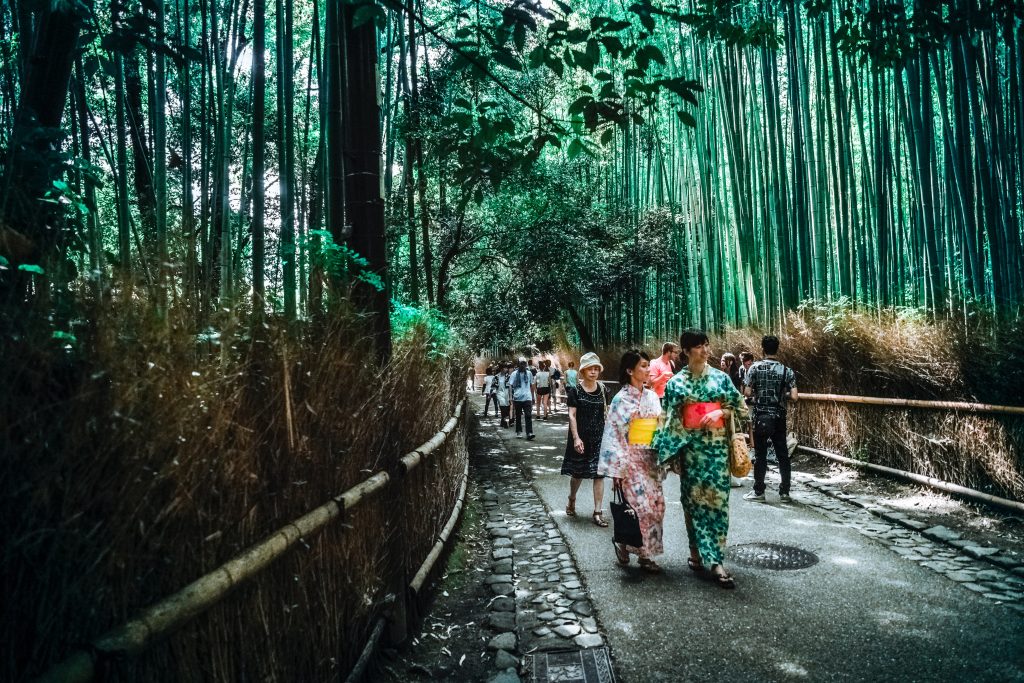
May 3, Constitutional Memorial Day – The day is a national holiday to commemorate the new constitution after the war.
Golden Week includes this holiday, which has been celebrated since 1947. On this day, several events take place throughout the country. There will be hefty traffic at that time in all types of sightseeing areas and public transportation systems, including shinkansen (bullet trains) and highways.
May 4, Greenery Day – Due to Showa’s love for plants and nature, Greenery Day was celebrated until 2006 on April 29, the Emperor’s birthday. Since 2006, it has been held during Golden Week on May 4. The holiday is designed to cultivate an intimate and grateful relationship with nature, fostering the richness of spirit. Several zoos and city gardens will be free to the public due to the holiday’s nature-focused theme.
May 5, Children’s Day – A celebration of children’s individuality, the celebration of their happiness, and the appreciation of mothers are Children’s Day. Golden Week also incorporates Children’s Day.
On this day, city zoos and other facilities for children will be free or discounted. If you’re travelling with children, you should confirm these details in advance.
Third Monday of July, Sea Day – Dedicated to celebrating Sea Day, it was recently introduced as a national holiday. In 1876, Emperor Meiji returned from Hokkaido after a boat trip.
Around the country, there are many events centred around the marine area, as its name implies. Regardless of which base you are visiting (Yokosuka, Sasebo, Kure, Maizuru, Ominato, etc.), the Maritime Self Defense Force bases throughout Japan will be open to the general public on this day.
August 11, Mountain Day – This national holiday was introduced in 2016 in honour of the mountains.
People take advantage of the holiday to become familiar with the mountains and appreciate their importance to Japan and its ecosystem.
September 22-23, Autumnal Equinox – During the week leading up to Equinox Day, graves are visited by the family members.
Second Monday of October, Sports Day – During this holiday, citizens are encouraged to participate in sports to keep their minds and bodies healthy. Gymnasiums and sports grounds throughout the country host sports-related events on this day. The holiday is usually celebrated on the second Monday in October.
November 3, Culture Day – A Day to celebrate freedom, peace, and culture. Selected individuals are honoured on culture day by schools and government agencies. As the day was Emperor Meiji’s birthday, it was initially a public holiday. This date led to the promulgation of a post-war constitution later in 1946, which enabled Culture Day to be established.
Some museums and galleries will offer free admission. At the Fuchu Prison in Tokyo, an annual event known as the Culture Festival takes place on this day every year.
November 23, Thanksgiving Day – Observed as a day to honour the workforce, the day is offered as a public holiday to Japan’s workforce. However, there are no free offerings or discounts for any of the events on this day.
Leave us a comment about the public holidays if you have any questions. If we’ve missed any public holidays in Japan, do let us know in the comment section below. Let’s make Nepalese in Japan help network to spread NepaliPan.
NepaliPage,connects Australian Nepalese Community & Australian Nepalese Business Globally
Disclaimer: NepaliPage.com (नेपालीपेज डटकम) is a Nepalese Community website aggregating Nepalese Australian affairs including Australian Nepali Community News, Migration opportunities in Australia, Nepali International Students, Nepali home and garden, Nepali mortgage and real estate tips, tricks, and services, Travel, Entertainment, Nepalese Events, blogs, interview and many more. None of our stories is tailored expert advice for your circumstance, and cannot be taken as legal, migration, or any other expert advice. By nature, all of our contents provide general information on related topics from the various verified sources. We do not offer direct employment opportunities, Australian VISA help, and Migration assistance.
 Nepali Page Nepali Community Page in Australia
Nepali Page Nepali Community Page in Australia



